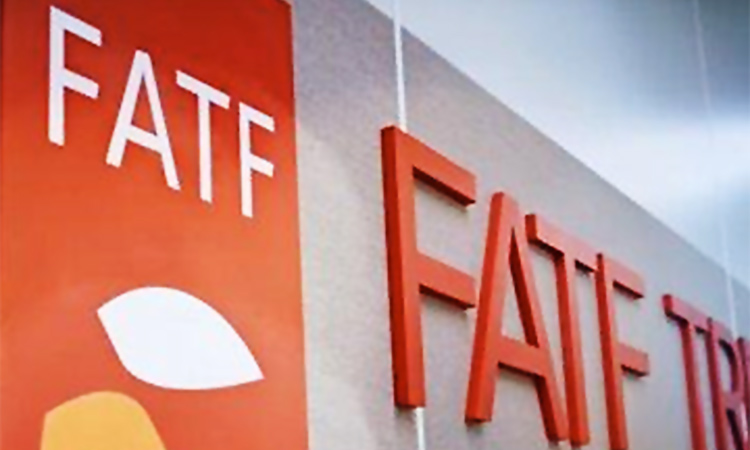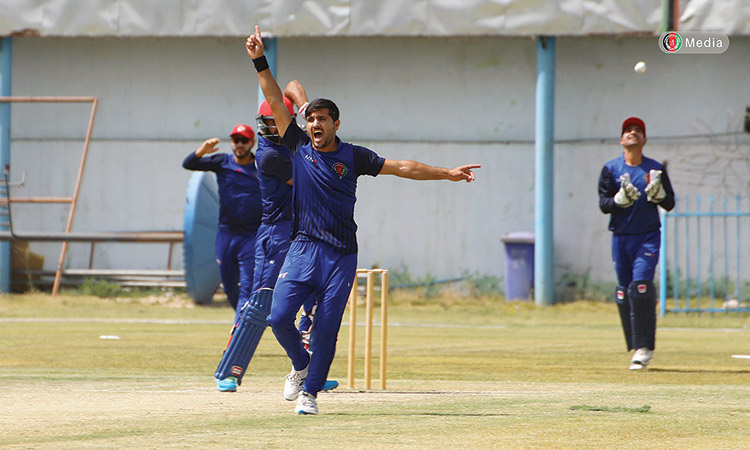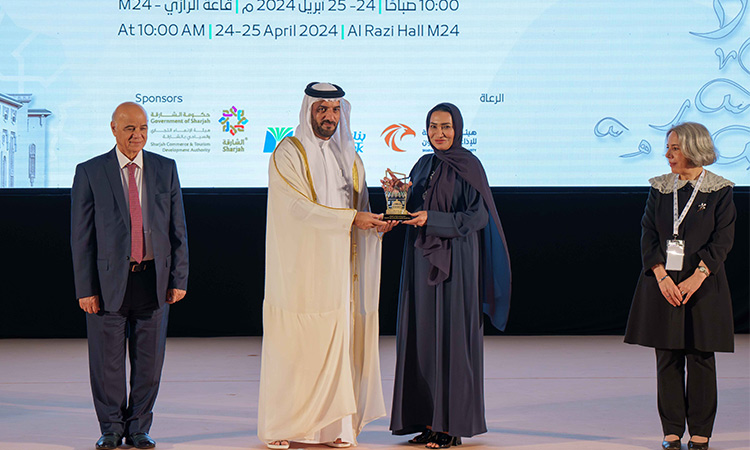India’s bid to blacklist Pakistan at FATF foiled

Pakistan had foiled an Indian attempt to downgrade Pakistan from grey to blacklist as New Delhi tabled a resolution against Islamabad.
Pakistan has survived from falling into the blacklist at Financial Action Task Force (FATF) with the support of more than three countries at the plenary review meeting held in the United States, officials said.
The FATF will formally announce its decision any time. The FATF plenary meeting is being held from June 16 to 21 at Florida, US. Pakistan’s delegation was in the US for attending the meeting.
Pakistan had foiled an Indian attempt to downgrade Pakistan from grey to blacklist as New Delhi tabled a resolution against Islamabad. With the support of friendly countries, Pakistan avoided downgrading as Islamabad took measures in the last six months.
An official confirmed that Islamabad had succeeded to avoid falling into blacklist. Islamabad has been on the global money laundering watchdog’s radar since June 2018, when it was placed on a grey list for terrorist financing and money laundering risks after an assessment of the country’s financial system and security mechanism.
Turkey was the only country that had opposed the move backed by the United States, the United Kingdom and Pakistan’s arch-rival India. However, Islamabad’s long-time ally, Beijing abstained.
Moving one step further, New Delhi — co-chair of the joint group of FATF and Asia Pacific Group — wants Islamabad to be placed on the Paris-based watchdog’s blacklist of the countries, which fail to meet international standards in combating financial crimes.
However, a diplomatic push from Islamabad frustrated the looming threat with the support of Turkey, China, and Malaysia.
According to the 36-nation FATF charter, the support of at least three member states is essential to avoid the blacklisting.
In an unrelated development, the government has decided to shut off the option of an out-of-court settlement with Turkish company Karkey on a $900 million award announced in favour of the latter by the International Centre for Settlement of Investment Disputes (ICSID), a decision that was later suspended.
A senior official said that the matter would be rigorously pursued in the ICSID tribunal after gathering strong evidence of corruption in the procurement of a rental power project contract by the Turkish company.
He added that the decision had been taken with the approval of Prime Minister Imran Khan.
A delegation led by Attorney General for Pakistan (AGP) Anwar Mansoor Khan went abroad in the second week of the ongoing month to negotiate for an out-of-court settlement, but remained unsuccessful.
“Neither will we go for an out-of-court settlement nor submit an offer to deposit $150 million [Rs23.55 billion] as a security payment to seek stay in the enforcement of the $900 million award,” the official said.
He said that Pakistan had gathered strong evidence of corruption to establish its case in the international tribunal. The last date of submission is July 26.
The official said confessional statements of former water and power secretary Shahid Rafi and two other officials would also submitted to the tribunal as evidence of corruption in the procurement of the contract by the Turkish company.
Another official said in the light of the increasing evidence, it was unlikely that the government would settle the matter out of court.
However, he revealed that there was some progress in the negotiations and both parties were still talking with each other for a settlement before July 26.
A senior lawyer with expertise in pleading cases before international tribunals believes that proving corruption in an international tribunal was extremely difficult and there was no precedent of an ICSID award being set aside on the grounds of corruption. He also said settlements did not take place overnight and took time.
On Aug.22, 2017, the ICSID announced the award in favour of Karkey after the company filed a case against the Pakistani government for terminating its rental power project contract. The contract had been terminated on the Supreme Court’s orders.
According to the initial ICSID award, Pakistan had to pay damages amounting to more than $800 million, along with $5.6 million (Rs590 million) per month as interest to Karkey. Now the total amount has reached $900 million. However, the ICSID suspended its decision in February this year.







